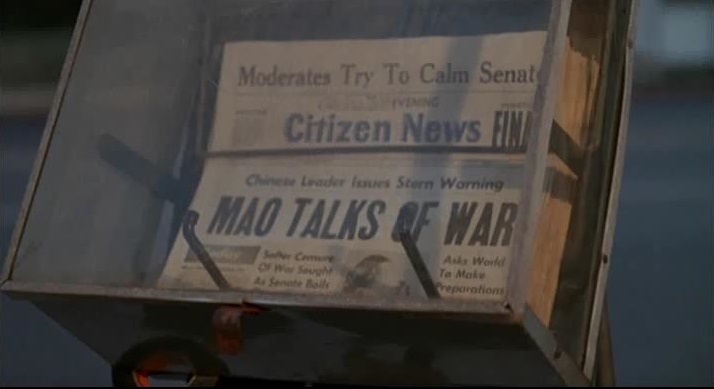....Can Heironymus Merkin ever Forget Mercy Humppe
and Find True Happiness?
The title seemed
“just too long” to Canby of the New York Times (and Ebert of
the Chicago Sun-Times made fun of him for it) because he simply
hadn’t a clue what it was meant to signify or what the film was in aid
of, not a one, “as self-indulgent as a burp” was news that’s
fit to print (Ebert hadn’t either, but admired the effort, “a good
act while it’s onstage”).
The life of a
great artist considered in retrospect on the totally mundane circumstance of
his fortieth birthday (G.B.S. made fun of Pinero for that), in which several
major conundrums are solved, not least of which are critics in themselves and
in their effect, i.e., “The Princess & The Donkey”.
Bergman and
Fellini are intelligently and usefully brought into play.
“Obscure
and pointless”, says Halliwell’s Film Guide, citing low
points in the careers of Rex Reed and Michael Billington
(Illustrated London News) to make the case.
Summertree

The key of
analysis is provided exactly by Stuart Cooper’s Overlord a few years later, here the monster is Mao. The structure
gears this up on a bed of Dmytryk’s Till
the End of Time more or less rigorously adhered to for the comparison, a countertheme is provided by Lubitsch (That Uncertain Feeling) to prepare the disastrous consequences.
Roger
Greenspun of the New
York Times, “a bad movie.” TV Guide, “dated,
heavy-handed... highly contrived family melo”.
Hal Erickson (Rovi), “compendium of 1970s movies
cliches.” Halliwell’s Film Guide, “well-made, rather tedious”.